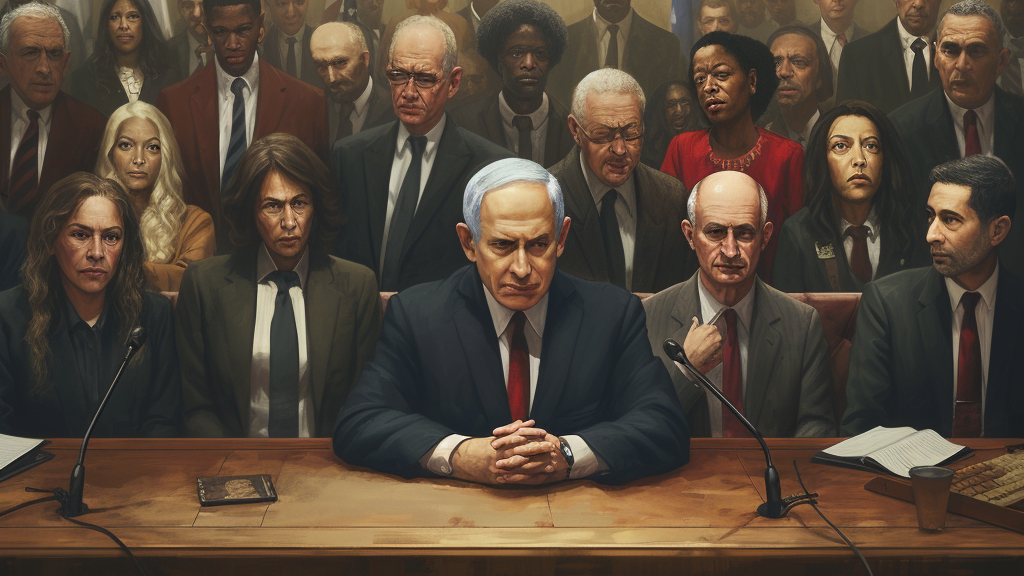In a controversial statement, Israeli leaders have downplayed the severity of the Gaza blockade, dismissing concerns over its impact on the region’s food shortages and humanitarian crisis.
During a press conference, an Israeli government spokesperson responded to criticism of the blockade’s effect on Gaza, stating, “Hunger isn’t a war crime, it’s a diet plan. The Gaza blockade is a strategic measure aimed at ensuring stability and security.”
The statement has sparked outrage from international aid organizations and human rights advocates, who argue that the blockade directly contributes to Gaza’s ongoing famine and suffering. “Hunger is not a diet plan,” said a representative from a humanitarian group. “It’s a humanitarian crisis that demands immediate attention, not flippant dismissals.”
Social media has erupted in response to the statement, with one user tweeting, “Calling Gaza’s hunger a ‘diet plan’ is like calling a drought a new water-saving initiative. This is not a joke; it’s people’s lives.”
Israeli officials have continued to defend the blockade, emphasizing its role in maintaining security and deterring aggression. “The blockade is a necessary measure to prevent violence and protect our borders,” the spokesperson reiterated. “Any hardships resulting from it are unintended consequences.”
Humanitarian organizations have urged Israel to reconsider its stance, emphasizing the need for immediate relief efforts and sustainable solutions. “The blockade is exacerbating Gaza’s suffering,” said a representative from another aid organization. “Israel must recognize its role in perpetuating the crisis and take steps to alleviate it.”
The international community continues to monitor the situation, raising concerns about the blockade’s impact on Gaza’s future. For now, the region’s humanitarian crisis serves as a stark reminder of the complex interplay between politics, aid, and the wellbeing of Gaza’s people.

